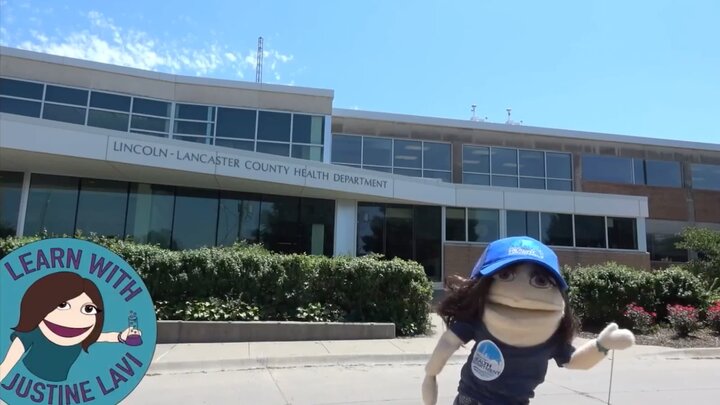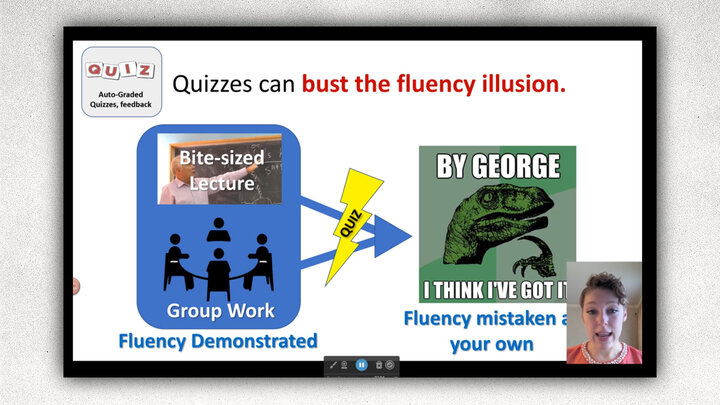Finding new ways to inject creativity into education has been a persistent challenge in academia and subjects deemed as “drier” than others, may benefit from novel or even eccentric approaches to teaching in order to engage students.
A recent project funded by the Center for Transformative Teaching put this concept into action during the Spring and Fall 2020 semesters in a selection of online entomology courses. Justine LaViolette, a former grad student of the entomology department, created a series of entertaining educational videos meant to enhance the way students learned entomological concepts. The videos specifically targeted students who may have little to no knowledge of the material beforehand and may view the material as uninteresting. Using lyric and song parodies, humor, interviews, and creative handmade puppetry, these videos personalize insects in a way that encourages people to respect and appreciate the creatures, be they pests or beneficial, and understand their roles in our ecosystem. Topics included mosquitoes, insect-vectored diseases, ticks, honeybee reproduction, and the physiology of molting.
Academic advisor for students in the online Master's in Entomology program and the University of Nebraska-Lincoln Lecturer, Erin Bauer supervised the project. In talking about the need for alternative approaches to education she said, “Science is not always easy to tell people about and so any way that you can make it more understandable, as well as more fun and entertaining, is the reasoning behind these videos. Instead of just watching lectures, you get some variety, and it makes them more accessible.”
The analysis of both semesters of courses showed positive results. Through Canvas, students in the course were given pre-and-post-course surveys about the material and the results were compiled and formatted by university statistics Ph.D. student, Kelsey Karnik. Based on survey results, the videos analyzed were effective in increasing knowledge about entomological topics. In some cases, the percentage of change was more drastic than in others, but it was apparent that these videos, no matter what their format, effectively taught the content that they intended.
Students also had the opportunity to leave feedback through open-ended questions on the surveys. The overall sentiment towards the videos showed students enjoyed the content and appreciated the creative approach. Some students noted the song parodies, in particular, stuck with them the most. It should be noted that not all students found the videos to be useful or their cup of tea, which is to be expected. Just as we all learn differently, we all have different personalities and find certain content more or less appealing than others. Still, these results show an overall positive reception to the content. The full PDF report of the findings can be found here.
When discussing the project, LaViolette said the inspiration for this project stemmed from her passion for science communication. “There are a lot of things that are issues with science as it is right now, from availability to how it’s presented. Science communication is trying to take what science is hot right now and trying to make it into easy-to-understand information without too much jargon” LaViolette said. She added, “science is fun, and we shouldn’t keep it dry. We shouldn’t keep it dry. We should try to spice it up and have fun with it. Adults can have fun with science too.”




